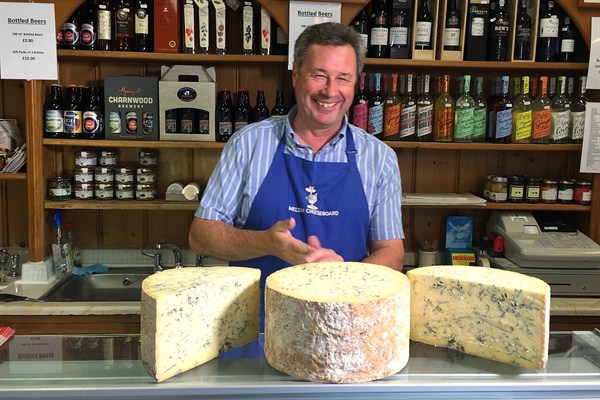Over four months on from Britain’s referendum on whether or not to remain a member of the European Union, what exactly Brexit will look like is still not any clearer. There has been no shortage of claims and counter-claims, posturing and rhetoric.
The debate, if an exercise in guessing can be called that, has focused on the degree to which the United Kingdom will be able to have access to the single market. This will depend on its acceptance of the four freedoms—movement of people, capital, goods and services—as consistently emphasized by EU and member state officials, yet dismissed as “baloney” by prominent Brexiteers, including Boris Johnson, who is now the foreign minister.
But the economic benefits of being a member of the EU do not only stem from being able to engage in tariff-free trade within the single market and the harmonized standards that facilitate it. It also comes from other related benefits that receive less publicity. One such advantage applies to British food producers, specifically those that enjoy special protection under EU law. From Stilton blue cheese to Cornish pasties, many British food specialties now face an uncertain future.

